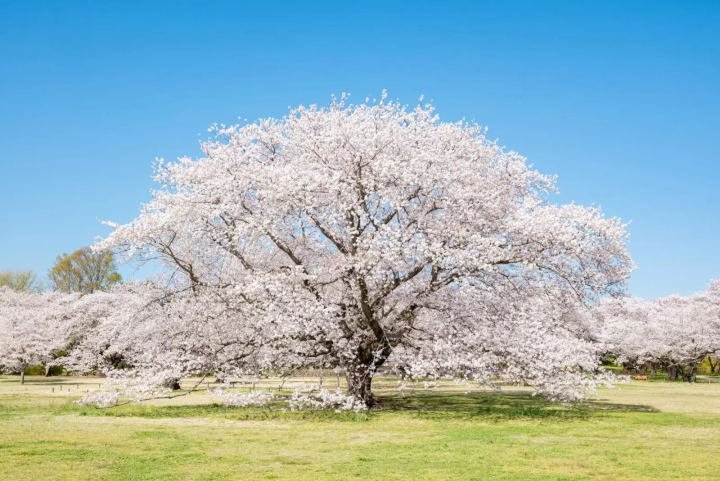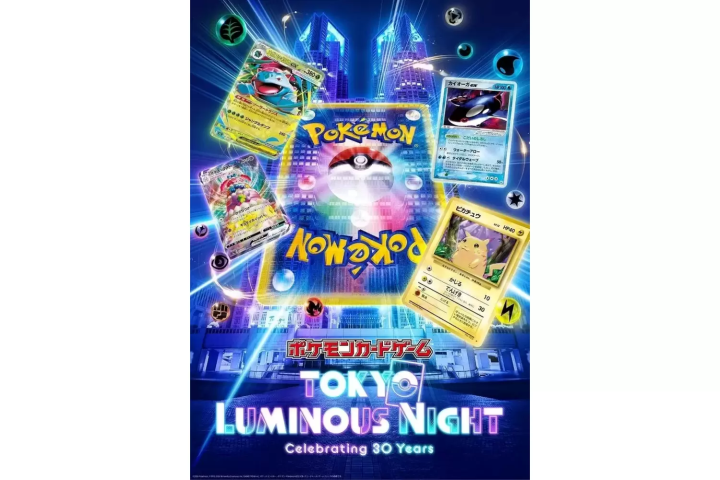Scary stories from Japan ~7 things you should never do~

In Japan, there are legends and stories that have been passed down since ancient times. It is generally believed that if you do not follow the legends, disaster and misfortune will come your way. In this article, we will introduce some of the legends passed down in Japan. When traveling to Japan, please be sure to observe the following legends. Otherwise, disaster may come your way...!
1. Don't whistle at night

Image source
The belief that you should not whistle at night exists in some cultures and regions, but the reasons for this vary from culture to culture. A common reason is that whistling at night is believed to attract evil spirits and demons. Also, whistling at night can be a signal to use magic. Therefore, it is believed that whistling at night can attract the attention of people who use magic or evil spirits.
2. Don't make Tengu angry
Image source

Select an Imagelinkphoto_size_select_largedeleteA tengu is a Japanese monster with a bright red face and long nose who wears the clothes of a mountain priest. While there are stories of Tengu scaring people, there is also the view that Tengu frightening humans is punishment for violating the domain of the mountain gods, and that they are harmless as long as they know their territory. If they can coexist successfully, there are many stories that will bring benefits to humans, such as giving them strength or teaching them martial arts.
However, there is also the story of ``Tono Monogatari,'' in which a young man who encounters a tengu has his limbs torn off and killed, and the story of ``Tengu Kakushi,'' in which children and old people disappear one after another and never return. There are also many stories that describe the danger of making Tengu angry.
3. Don't go out in the evening
Image source

Hyakki Yagyo is a legend in which evil spirits and monsters that are said to appear at times when Ouma gathers and move in procession. It is said that those who join this procession are at risk of being attacked or sacrificed by monsters. Therefore, it is said that Ouma should be avoided if he goes out occasionally, as he may be involved in Hyakki Yagyō.
It is also said that sometimes, evil spirits that aim for the souls of humans appear. These evil spirits are said to concentrate in places where people gather or in specific areas. For this reason, it is said that Ouma should be avoided if he occasionally goes out, as this will bring him closer to such places, increasing the risk of being attacked by evil spirits.
4. Treat the mountain maiden with kindness.
Image source

Yamauba is an old female monster that lives in the mountains. It is said that in the middle of the night in the mountains, she dresses as a beautiful woman and approaches directionless travelers, offers them lodging and food, and eats them as they fall asleep in relief.
On the other hand, in addition to bad legends, there are also records of mountain witches coming down from the mountains and being kind to humans. It is said that when a mountain maiden comes down from the mountain, if you treat her kindly, you will be happy, but if you anger her or give her a bad opinion, you will be unhappy.
3. If you pick red spider lilies and go home, misfortune will happen.
Image source

Higanbana has a beautiful appearance of red flowers blooming all over, but it is also a flower that seems to be somewhat ominous. Since cluster spider lilies often grow in graveyards, they are said to be ``flowers that bring death,'' and there are legends that if you take cluster spider lilies home, your house will catch fire, and if you pick cluster spider lilies, you will die. A legend exists.
4. Don't swim in the ocean during Obon
Image source

Obon refers to the period during which the souls of the deceased and ancestors return to this world (this world) from the otherworld (Jodo). The Obon period may differ depending on the region, but generally it is centered on August 15th and runs from August 13th to 16th. During Obon, many spirits, such as those of ancestors and family members, return to this world from the afterlife, creating a connection with the otherworld. It is said that the sea is especially full of ghosts, and there is a superstition that if you go into the sea at that time of year, you will be ``taken to the afterlife.''
7. Don't throw away your Japanese doll
Image source

Japanese dolls are dolls that depict traditional Japanese customs, wearing Japanese clothes and with Japanese hair. In Japanese culture, it is common to believe that objects have souls, and it is thought that dolls may also have souls. In fact, it is said that there are Japanese dolls in Japan that can grow hair and move on their own.
It is said that if you treat such dolls roughly or throw them away, you will be cursed. If you feel that your Japanese doll is cursed, take it to a shrine or temple and have a Shinto priest or monk hold a memorial service for it.
We are a leading inbound tourism company that operates MATCHA, one of Japan's largest media outlets for foreign visitors visitors and residents of Japan. Japan is full of charm, and we want to share all of that with the world. What is already known can be seen in new perspectives and in greater depth. Things that are not yet known are looked at with a gentle gaze and care. As I traveled all over the country and spoke with local people, I began to see something. The future potential of Japan lies in every region. We want to create a world where the charm of Japan reaches the world through the existence of a company called MATCHA, and where it changes and remains as people take action. With this feeling in mind, we will continue to convey the charms of Japan to the world.
The contents on this page may partially contain automatic translation.


























![[Yufuin] Yunohira Onsen: A Hidden Gem of Red Lanterns and Ancient Stone Paths](https://resources.matcha-jp.com/resize/720x2000/2026/03/03-260208.webp)
![[30 minutes from Nagoya!] Enjoy Tokoname strawberries at a cafe in Tokoname](https://resources.matcha-jp.com/resize/720x2000/2026/02/20-259382.webp)
![[Fukui Prefecture] Eat, drink, and take home! Enjoy Tsuruga City's gourmet food and souvenirs](https://resources.matcha-jp.com/resize/720x2000/2026/02/12-258491.webp)
![[Experiences] South Osaka & Wakayama Factory Tours|Learn Japanese Craftsmanship Through Hands‑On Experiences](https://resources.matcha-jp.com/resize/720x2000/2025/11/06-249221.webp)
